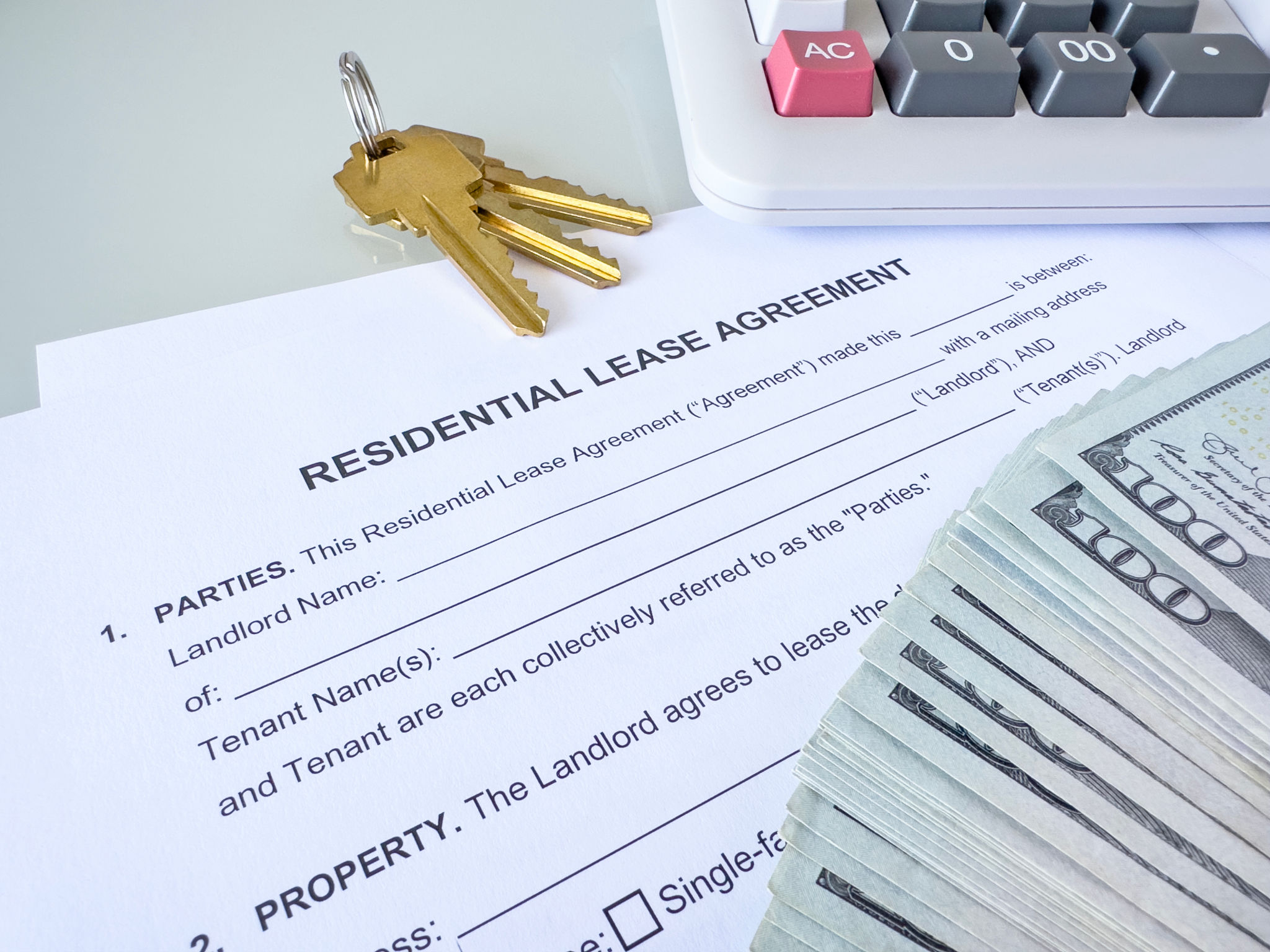How Local Regulations Affect Rental Properties in NYC
Understanding Local Regulations
New York City is known for its vibrant culture and dynamic real estate market. However, owning or managing rental properties in NYC comes with its own set of challenges, primarily due to the complex web of local regulations. These laws are designed to protect tenants' rights and ensure safe living conditions, but they can also be a source of frustration for landlords.

Rent Stabilization and Control
One of the most significant regulatory frameworks affecting rental properties in NYC is rent stabilization. Under this system, the city imposes limits on how much rent can be increased each year for certain apartments. This is intended to keep housing affordable for tenants. In contrast, rent-controlled apartments are even more tightly regulated, with restrictions on both rent increases and the rights of landlords to evict tenants.
Landlords of rent-stabilized or rent-controlled properties must stay informed about the annual guidelines set by the Rent Guidelines Board, which dictates permissible rent increases. Failing to comply can lead to legal issues and potential fines.
Building Codes and Safety Regulations
NYC's building codes are among the strictest in the country, emphasizing tenant safety and building integrity. These regulations cover everything from fire safety measures to structural requirements. Landlords must ensure their properties meet these standards, which may involve regular inspections and updates to facilities.
Non-compliance with building codes can result in hefty fines and legal action, making it crucial for property owners to stay abreast of any changes or updates in these regulations. Regular maintenance and inspections are key strategies in preventing violations.

Tenant Rights and Landlord Obligations
Tenant rights are a critical aspect of NYC's rental regulations. Landlords must provide a livable environment, which includes adequate heating, hot water, and pest control. The New York City Human Rights Law also prohibits discrimination based on race, gender, age, and other protected classes.
Landlords must be diligent in handling tenant complaints and maintenance requests promptly. Failure to address these issues can lead to tenant-initiated legal actions and damage to the landlord's reputation.
Short-Term Rentals
The rise of platforms like Airbnb has introduced additional regulatory challenges for property owners in NYC. The city's laws on short-term rentals are stringent, generally prohibiting rentals of less than 30 days unless the host is present during the guest's stay.
Property owners who wish to engage in short-term rentals must navigate these regulations carefully to avoid penalties. Ensuring compliance often involves obtaining the necessary permits and adhering to zoning laws.

Navigating the Regulatory Landscape
Given the complexity of local regulations affecting rental properties in NYC, landlords may benefit from consulting with legal experts or real estate professionals who specialize in local laws. This can provide guidance on maintaining compliance and avoiding potential pitfalls.
Staying informed about changes in legislation is also critical. Joining landlord associations or subscribing to industry newsletters can help property owners stay updated on new developments that could impact their operations.
The Impact on Property Investment
While local regulations might seem daunting, they also play a crucial role in protecting tenants and maintaining a balanced housing market. For investors, understanding these regulations is key to making informed decisions about property purchases and management strategies in NYC.
By approaching these regulations with diligence and preparation, landlords can ensure that their properties remain compliant while contributing positively to the city's housing landscape.